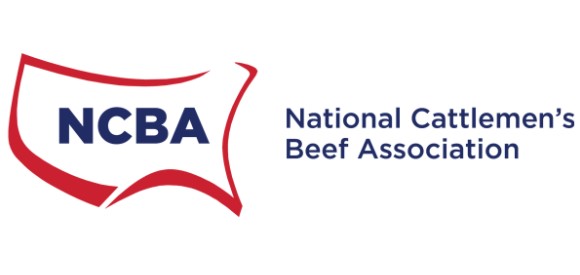
National Cattlemen’s Beef Association (NCBA) President-Elect Todd Wilkinson, a South Dakota cattle producer and chairman of the NCBA traceability working group, today released the following statement regarding the U.S. Department of Agriculture’s (USDA) proposed rule on electronic identification for cattle moving interstate:
“As USDA has worked toward a nationally significant animal disease traceability program, NCBA has remained engaged in the conversation with industry stakeholders and USDA to ensure the interests of cattle producers are represented and protected. It is critical that any program ultimately adopted by USDA allows for maximum flexibility and privacy. At the same time, USDA must also minimize the costs for producers and any business disruptions to the industry.
“Foot-and-mouth disease outbreaks across the globe continue to result in disruptions to commerce and depopulated livestock, the need for bold action is immediate and evident. However, NCBA is committed to working with USDA to ensure workable solutions are identified and ultimately implemented. Cattle producers can be confident that any finished product will protect our national livestock herd. We will ensure it provides maximum producer privacy and flexibility with minimal costs, exactly what our stakeholders have told us they expect from USDA.”
NCBA is reviewing the proposed rule in its entirety to determine whether it meets the criteria that NCBA’s policy has outlined below.
Background
NCBA grassroots policy, which is brought forward and voted on by individual cattle producers, states that NCBA believes an effective animal disease traceability program should:
- Be compatible with private sector animal ID and verification programs backed by the USDA.
- Be compatible with the general traceability principles of the World Organization for Animal Health (WOAH).
- Recognize existing USDA programs for beef exports.
- Be built using infrastructure that supports other potential uses of ID.
- Utilize low-cost electronic official tagging devices paid for by federal and/or state funds, when possible.
- Require that cattle ID information for disease traceability be kept confidential and strongly protected from disclosure.
- Protect ownership information from disclosure to future owners.
- Protect producers from liability for acts of others, after the cattle have left the producer’s control.
- Operate at the speed of commerce.
- Not replace or impede existing state brand inspection activities.
Work within a framework to accommodate all classes of cattle.















